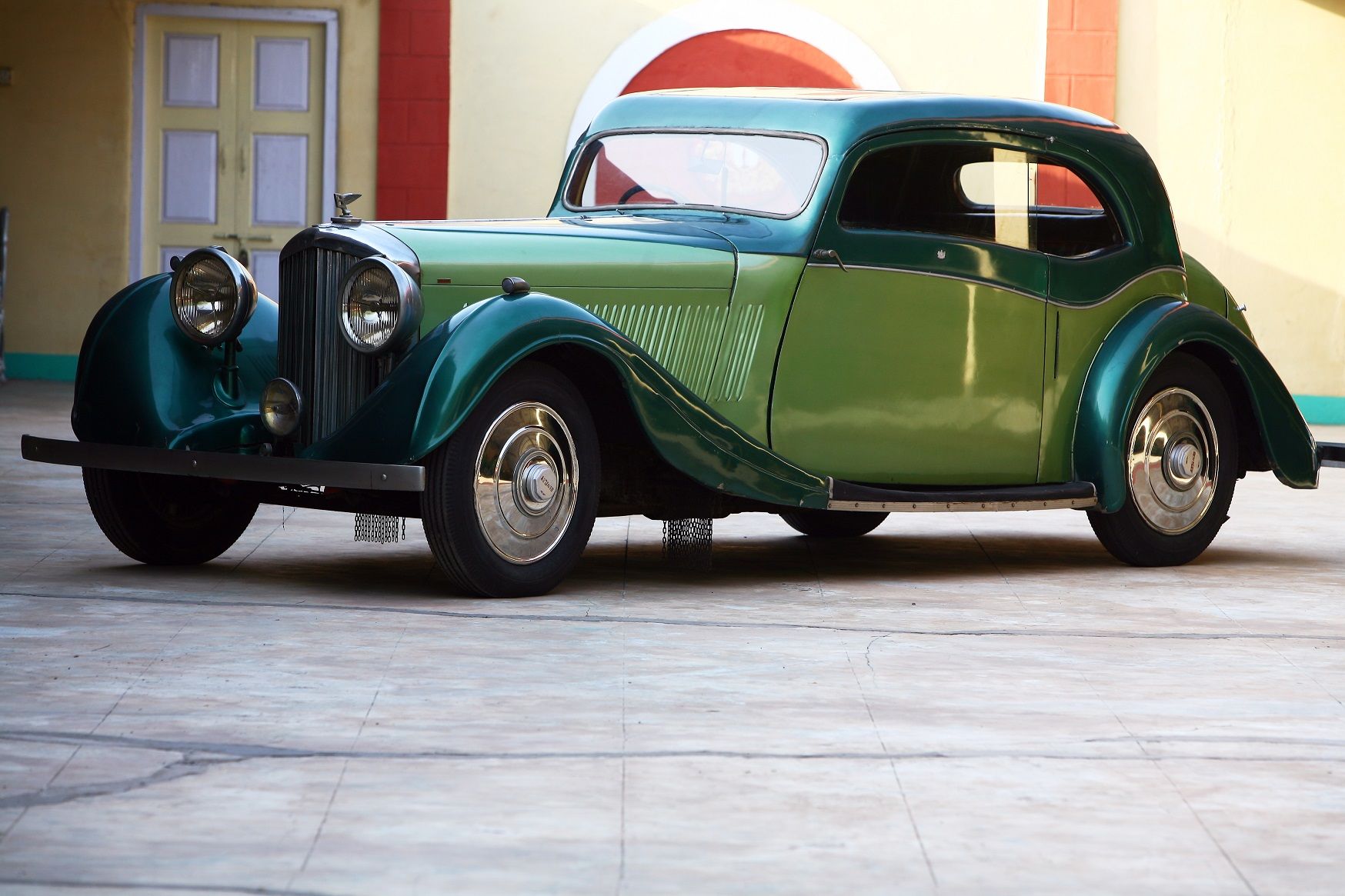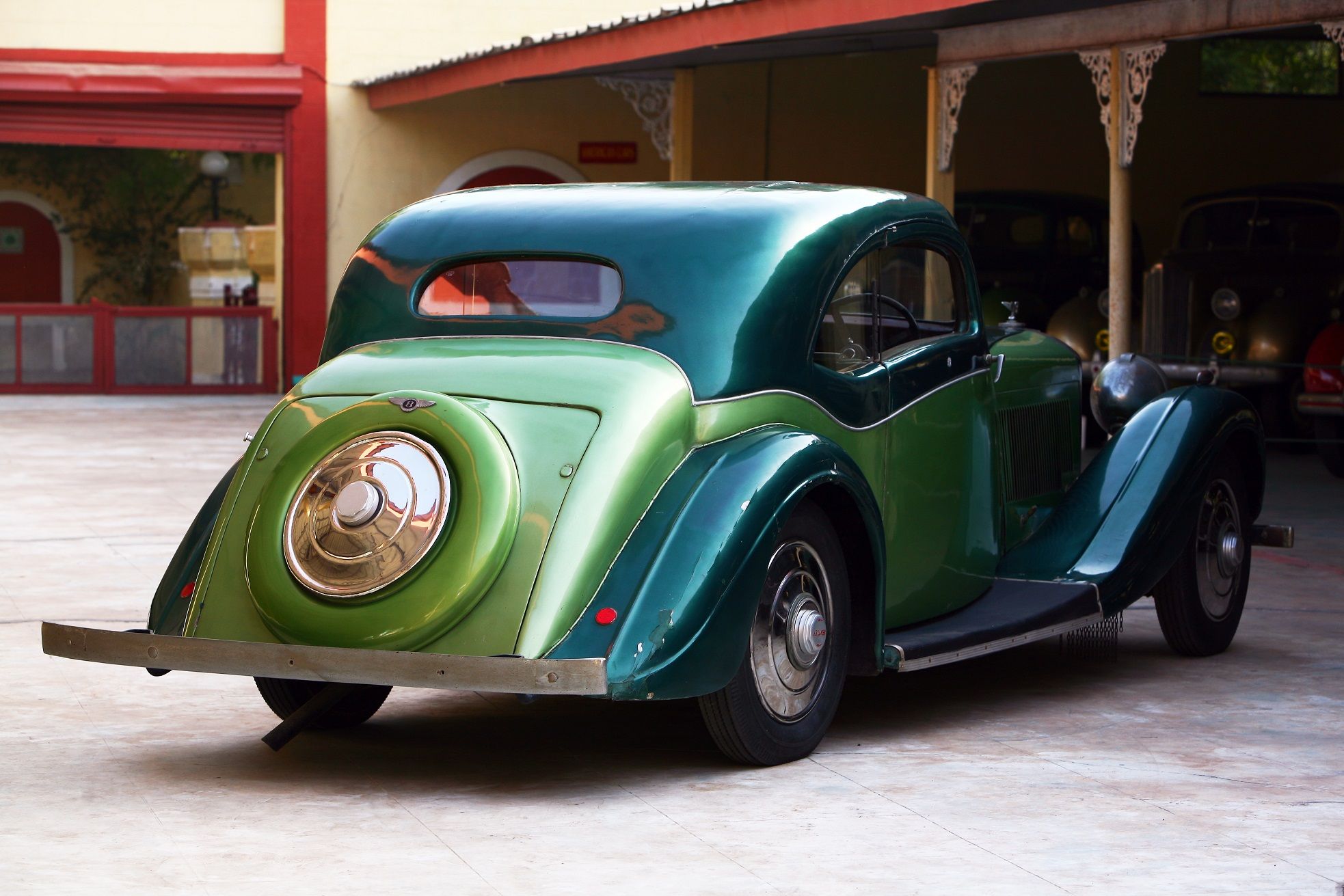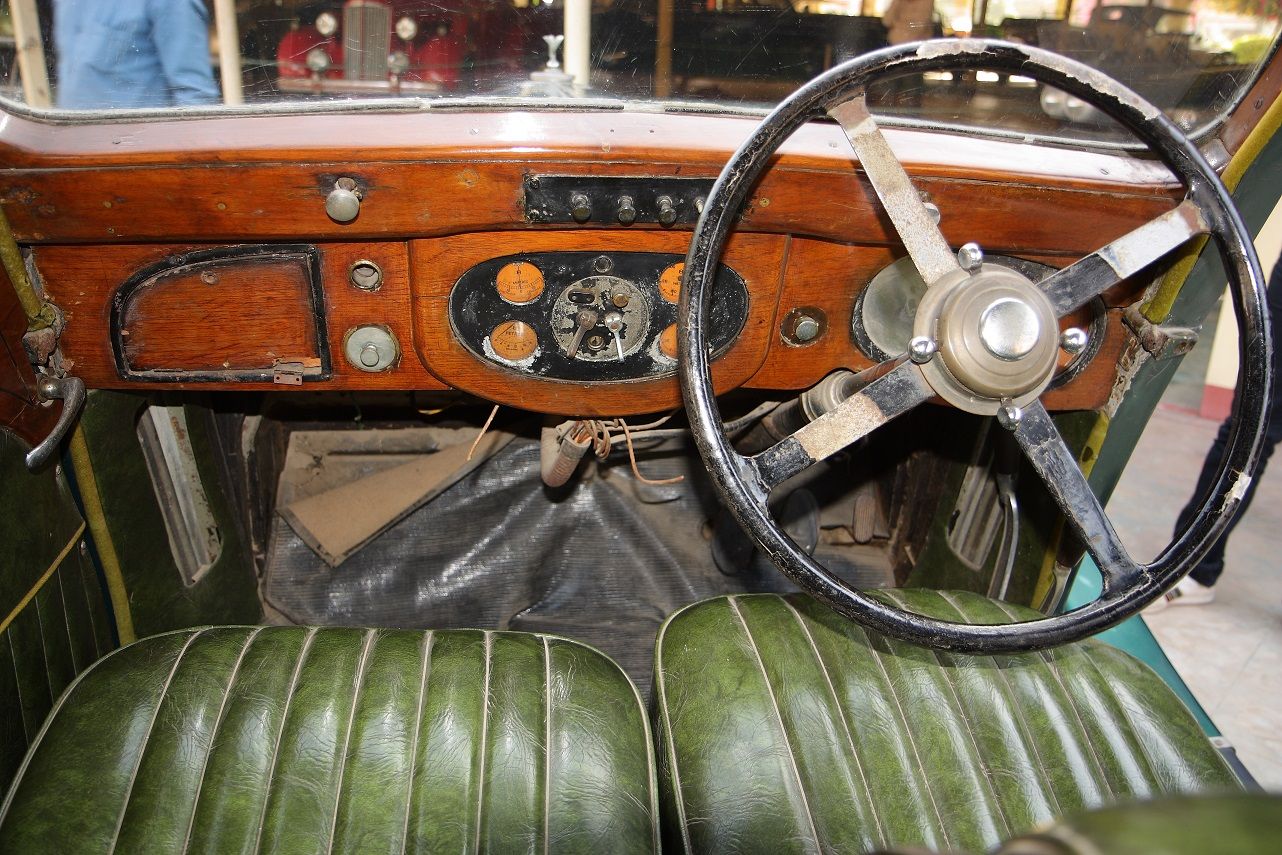An Art Deco Beauty Synonymous With The Maharaja Of Indore Yashwantrao Holkar II
Images: Makarand Baokar
Named after his most famous ancestor, the legendary sixth ruler of Indore Yashwant Rao Holkar (who ruled from 1798 to 1811 and was considered by many as the Napoleon of India for his exploits at successfully winning a series of wars against his neighbouring states with the objective of building an empire), Yashwantrao Holkar II found himself on the throne—in 1926—at the tender age of 18 due to some infamous indiscretions of his father, Tukajirao Holkar III. Although Tukajirao managed to escape the long arm of the law, he was asked to abdicate by the British, which he did do, and that’s how Yashwantrao II came to occupy the throne.

The accession ceremony took place on the 11th of March 1926 at the Juna Rajbada (the Old Palace), following all the prescribed rites and rituals. On the 22nd of May 1926, Yashwantrao returned to England, where he had done his schooling at the expensive public school of Charterhouse, to complete his university graduation at Christ Church College, Oxford.

During his stay in England and his travels in Europe, Yashwantrao Holkar was hugely influenced by the Art Deco movement. At the same time, he also gained considerable knowledge and a fine taste in the newly blossoming art of automotive design. One of the very first cars that he purchased was a Delage D8 with exquisite Figoni coachwork, after it starred at the Figoni stand in the 1931 edition of the London Motor Show, at Olympia.

Partial to good looking French cars, the maharaja also had a Bugatti, a Delahaye, a Hispano-Suiza J12, as well as a very handsome Mercedes-Benz 540K and a strikingly beautiful Alfa Romeo 8C2900B Spider with Touring coachwork… a car that was known to be the fastest production car in the world in the 1930s.

A true aficionado, what really made Yashwantrao Holkar a talking point amongst car enthusiasts was his patronizing of the English coachbuilding firm of J Gurney Nutting, and specifically the kind of connect he had with Gurney Nutting’s renowned chief stylist A E ‘Mac’ MacNeil, and his assistant John Blatchley.

Acknowledged as one of the best of the English stylists during the 1930s, Mac Macneil apparently worked to Yashwantrao Holkar’s very succinct briefs, and the result was a series of superb looking cars that rolled out of J Gurney Nutting’s coachbuilding facilities: amongst them was a beautifully proportioned 4 ½ litre Lagonda, an absolutely stunning Duesenberg on a SJ chassis and a 4 ¼ litre Bentley Aerofoil coupe.

In fact, it was Bentleys that the young maharaja was a great fan of—he acquired as many as seven of them over the years, starting with a supercharged Le Mans type 4 ¼ litre from 1930 (which caught fire, the engine then was put into a speed boat, which ended up at the bottom of Mumbai harbour!), with the last one being a Bentley R Type Continental bought in 1954. The R Type Continental was, of course, an H J Mulliner bodied car, but most of the others sported J Gurney Nutting coachworks.

This 1935 3 ½ litre Bentley featured here embodies the exact leitmotif of the Holkar-MacNeil style: with superb two-toning amplifying the flowing lines of this (originally cream-coloured) coupe; chassis # B194 FB is one of the very rare Holkar cars to be still in India.

Fortunately, the car was acquired by the late Pranlal Bhogilal several decades ago and was repainted into the two-tone that you see. The car is now housed in the Auto World Vintage Car Museum, near Ahmedabad.
Comments
Sign in or become a deRivaz & Ives member to join the conversation.
Just enter your email below to get a log in link.
